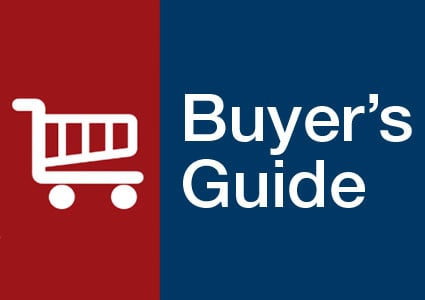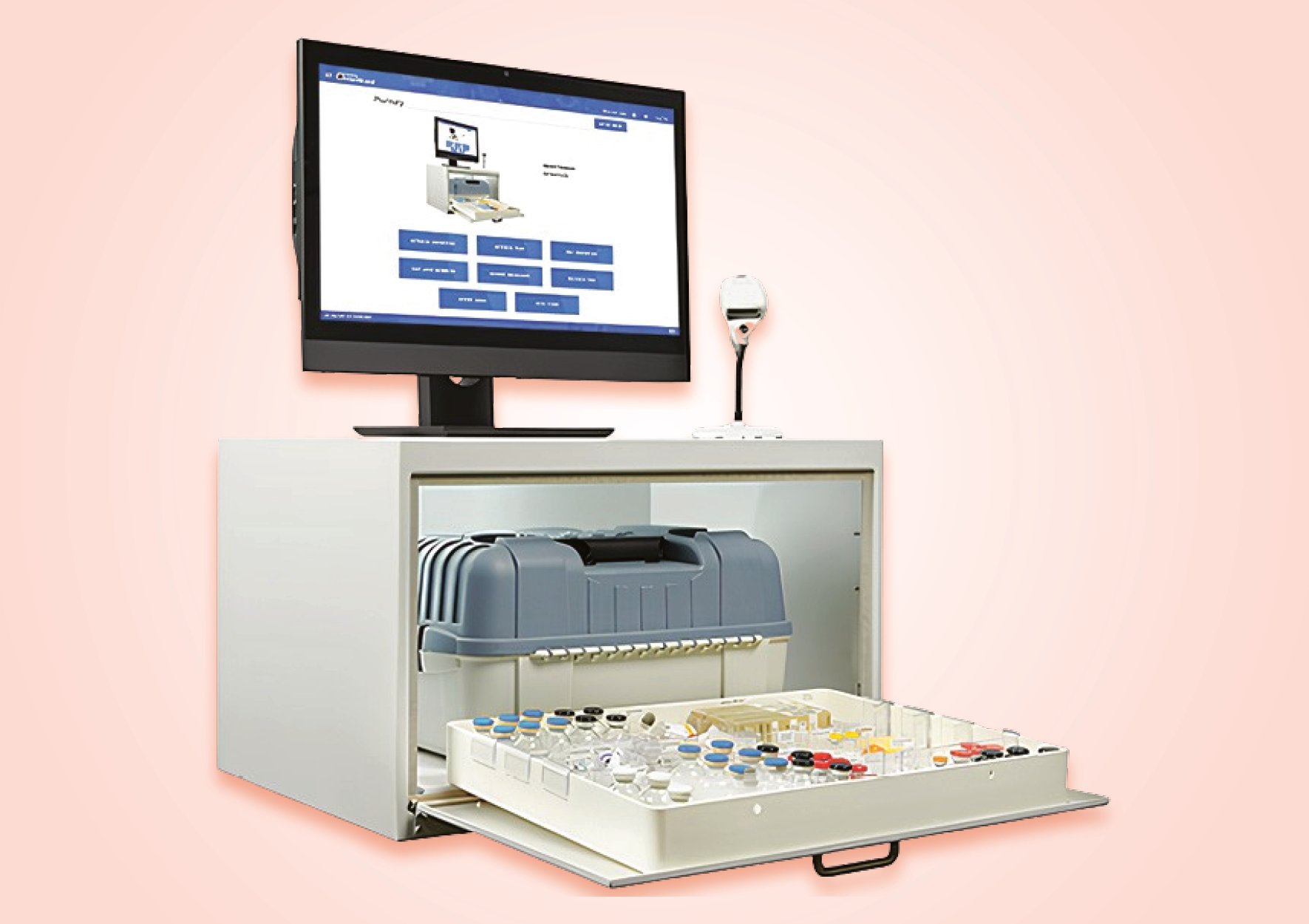- Show Menu
- Contact Us
- FAQs
- Reader Service
- Survey Data
- Survey Winners
- Testimonials
- Upcoming Events
- Webinars
- White Papers
Meeting Medication Distribution Compliance
 Q&A with Patricia Kienle,
Q&A with Patricia Kienle,
RPh, MPA, FASHP
Pharmacy Purchasing & Products: What regulatory and compliance requirements must pharmacy be aware of to ensure safe medication distribution practices?
Patricia Kienle: From a regulatory standpoint, clearly the main concern is observing existing laws—including the CMS Hospital Conditions of Participation (CoP) that involve medication management, as well as any state laws, which may differ from the CoP. Meeting compliance requirements from the three organizations that accredit hospitals in the US—TJC, the American Osteopathic Association’s Healthcare Facilities Accreditation Program, and the DNV Healthcare program National Integrated Accreditation for Healthcare Organizations—is a multifaceted process that includes ensuring the safety, security, and integrity of medications.
Safety—The Institute for Safe Medication Practices (ISMP) is a leading resource for education on drug safety to both hospitals and patients. Remaining abreast of the latest information via ISMP’s biweekly medication safety alert newsletter is valuable in keeping practitioners up-to-date on recent medication safety warnings; it is strongly recommended that every facility subscribe (subscribe to ISMP newsletters at http://www.ismp.org/newsletters/). These communications provide a pragmatic approach to medication safety, with particular emphasis on high-alert drugs, such as insulin, heparin, and other anticoagulants, as well as concentrated electrolytes—medications that every surveyor scrutinizes during a survey.
Security—All controlled substances must be locked and all noncontrolled substances must be stored securely according to the CMS CoP. There also are certain DEA regulations with specific drug security measures that must be adhered to. However, as no definition of the term secure has been provided, each hospital must define the term in their policy and procedure. One approach to simplify this decision is to require all medications be locked, whether controlled or noncontrolled. Although not the only effective method, this tactic simplifies the decision-making process, increases compliance, and heightens the level of security across all medications.
Integrity—Recently, the issue of drug integrity has drawn more focused attention. Specifically, ensuring medication integrity requires that drugs be in date and be stored at proper temperatures. Two areas necessitating special concern are vaccines and single-dose/single-use vials. Recent recommendations suggest vaccines should be stored at certain temperatures and must be checked at least twice per day. In May 2012, the CDC restated its position on the use of single-dose/single-use vials. Although the information presented has been available previously, CDC reissued its statement in an effort to dispel inaccuracies that may be disseminated to health care providers. The general message is that even though some single-dose products may appear to contain enough drug to treat more than one patient, they must only be used for a single patient, as they typically lack antimicrobial preservative and are at risk of becoming contaminated. Although most hospitals use single-dose vials correctly, surveyors have found that practitioners in ambulatory surgical centers, physicians’ offices, and clinics may not be. To read the CDC position in its entirety, go to www.cdc.gov/injectionsafety/CDCposition-SingleUseVial.html
Patricia C. Kienle, RPh, MPA, FASHP, an employee of Cardinal Health since 1999, currently serves as the director of accreditation and medication safety. She is the recipient of an MPA in health service administration from Marywood College in Scranton, Pennsylvania, a BSc in pharmacy from Philadelphia College of Pharmacy and Science, and has completed an executive fellowship in patient safety from Virginia Commonwealth University. Patti is also an adjunct associate professor at Wilkes University in Wilkes-Barre, Pennsylvania.
Like what you've read? Please log in or create a free account to enjoy more of what www.pppmag.com has to offer.








